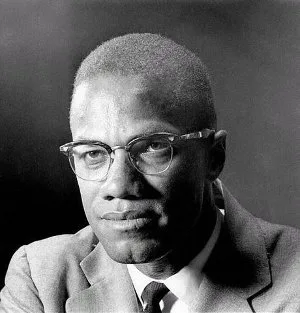Listen to this poem using the player above.

North Greenbush To Albany
Start: the Sharp house, aging Greek revival
in what was once Bloominville.
They used to bottle spring water here
until the well dried up. Then it’s three miles,
nearly all downhill, because the Hudson
draws all riders to its level.
There are two bridges – the first
across the railbed, trains carrying what few goods
we still produce and the many others
we pull in like driftwood from the sea.
These caravans of metal containers are
bound for Manhattan, lodestone of heartbeats
and rushing blood. The same lines
carry women and men to concrete hope,
to the race, to the scurry. Some will return,
lowering their sights and settling in for the long haul.
Others will half-return, riding more prestigious lines
to their magazine homes. Or so I imagine,
in the ten seconds it takes my legs
to propel the bicycle over the tracks.
The second bridge is at the base of the hill,
the bottom of the gravity well. The concrete wave
crests atop the Hudson, that once mighty barrier-highway
that is now the scenic accompaniment to stroller moms
and weekend excursionists. The river is brown on this April afternoon,
laced with the white rush of recent rains. Soon
they’ll haul the old battleship back to the dock,
so children can giggle on the blood-washed decks
where their grandfathers stood taught, gripping the rails
with terror-strengthened fingers.
The river bridge descends into the city.
The Hudson is reluctant to give up the living,
and matches every descent with a grinding climb,
testing my resolve to leave its banks. A slow, steady rhythm
carries me past Albany Lodge No. 49 and the Beirut remains
of a once majestic hotel. This is the King’s Highway.
George Washington once climbed this same hill, walked
through this city when concrete was wood, pavement
was cobblestone or dirt, before Rockefeller’s bulldozers
created this modernity, drained its character for the queen.
The general is remembered with a street and a park and a blue iron sign.
The bells are tolling the three-quarter hour as I pass the chambers
where the laws are made, and the halls of education and bureaucracy.
Then it’s home, where a distant city’s baseball team is on the radio,
and I cook my imported convenience-store noodles and sit down to write.











